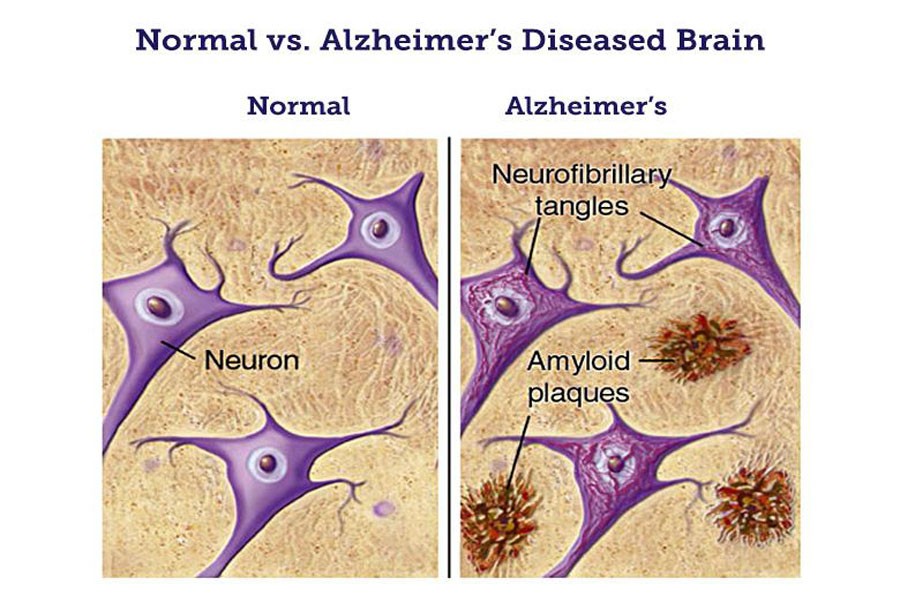An antibody not only targets APOE, an Alzheimer's protein, but also sweeps away amyloid plaques, characteristic symptoms of Alzheimer's disease, US researchers found.
In order to find out whether the amyloid plaques could be removed, the researchers focused on antibodies that recognise and bind to APOE.
The researchers at Washington University School of Medicine tested several antibodies that recognise human APOE in mice genetically predisposed to develop amyloid plaques. The APOE genes of the mice had been replaced with a human APOE gene.
For six weeks, the mice were given weekly injections of placebo or antibodies against APOE. Then, the researchers measured the amount of plaques in their brains. One antibody, called HAE-4, cut the level of plaques by half.
Moreover, HAE-4 had no effect on APOE levels in the blood. As APOE plays an important role in transporting fats and cholesterol in the body, removing it from the bloodstream could create unwanted side effects. So the failure of the antibody to lower levels of APOE in the blood was therefore a good sign.
But why the antibody just clears APOE from the brain but not the blood?
"It turns out that the APOE in the plaques has a different structure than the form of APOE found in the blood," said senior author David Holtzman, professor and head of the Department of Neurology at Washington University. "The HAE-4 antibody recognised only the form found attached to the plaques in the brain."
The researchers are evaluating a few antibodies that clear plaques by targeting amyloid beta in clinical trials at present. But while such antibodies are promising, they sometimes come with the side effect of inflammation and swelling in the brain, reports Xinhua from Chicago.
Antibodies that target APOE may be successful at removing plaques in people and somewhat less likely to trigger a destructive immune response, Holtzman said.
"The anti-amyloid antibodies are going to be binding to most of the molecules that are in the plaque, but the anti-APOE antibody would target just a very small component of the plaque," Holtzman said. "This means we may find less immune activation, and we might not see the unwelcome side effects."
The researchers are planning further studies to determine whether similar antibodies are safe and might be effective enough to be used in people.
The findings were published recently in the Journal of Clinical Investigation.


